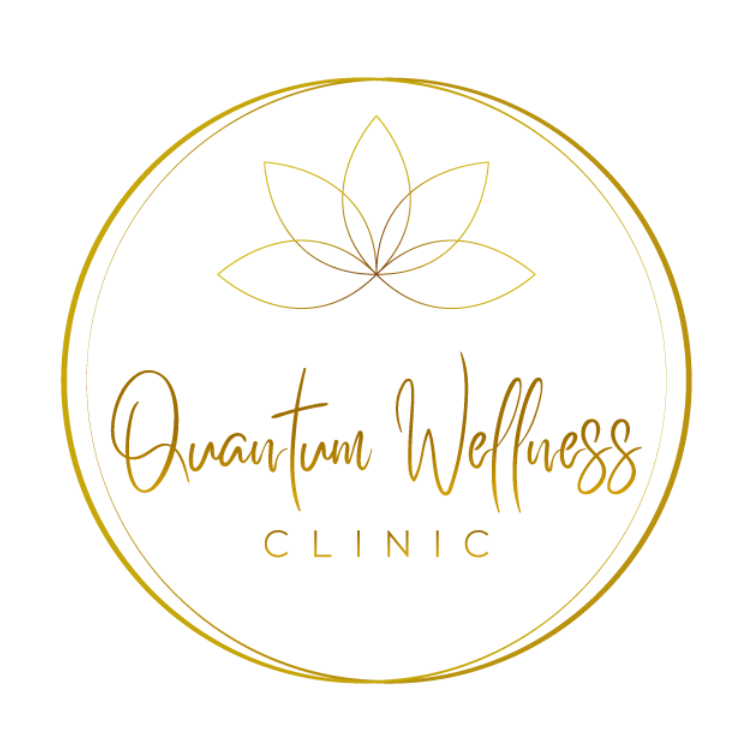The Power of Vitamin C - Nature’s Gift to Your Health
Vitamin C, often celebrated as the "immune-boosting" vitamin, is an essential nutrient that plays a vital role in maintaining optimal health and well-being. As we explore the world of Vitamin C, we'll discuss the key benefits of this remarkable nutrient, the difference between wholefood and synthetic forms, natural sources, and practical ways to infuse more Vitamin C into your daily diet.
The Many Benefits of Vitamin C
Vitamin C, also known as ascorbic acid, is a water-soluble vitamin that serves numerous functions in the body. Here are some of the holistic benefits of this incredible nutrient:
Immune Support: Vitamin C is renowned for its immune-boosting properties. It helps the body produce white blood cells and antibodies, essential for fighting infections.
Antioxidant Protection: As a potent antioxidant, Vitamin C neutralizes harmful free radicals, reducing oxidative stress and protecting cells from damage.
Collagen Production: This vitamin is crucial for collagen synthesis, which is essential for healthy skin, connective tissues, and wound healing.
Heart Health: Regular intake of Vitamin C has been associated with a reduced risk of heart disease by lowering blood pressure and cholesterol levels.
Brain Function: It may improve cognitive function and reduce the risk of age-related cognitive decline.
Iron Absorption: Vitamin C enhances the absorption of non-heme iron (found in plant-based foods), making it a valuable nutrient for vegetarians and vegans.
In the words of the renowned scientist Linus Pauling, 'Optimum nutrition is the medicine of tomorrow.' These words resonate profoundly when considering the remarkable benefits of vitamin C. Pauling, a two-time Nobel Prize laureate, emphasized the pivotal role of vitamin C in promoting overall health and preventing various illnesses. The antioxidant properties of vitamin C are not only essential for boosting the immune system but also for supporting collagen production, skin health, and cardiovascular function. As we delve into the realm of preventive healthcare, Pauling's insight serves as a timeless reminder of the significance of incorporating vitamin C into our daily lives for a healthier and more resilient future.
Wholefood vs. Synthetic Vitamin C
Holistic health emphasizes the importance of consuming whole, minimally processed foods for overall well-being. The same principle applies to Vitamin C sources. Wholefood Vitamin C, found in fruits and vegetables, provides not only ascorbic acid but also a symphony of complementary phytonutrients, bioflavonoids, and antioxidants. These co-factors enhance the bioavailability and efficacy of Vitamin C within the body.
Synthetic Vitamin C supplements, while effective in providing the nutrient, often lack the holistic richness of wholefood sources. They may not deliver the same synergistic benefits and can sometimes lead to digestive discomfort in high doses. Wholefood sources of Vitamin C, such as citrus fruits, berries, and leafy greens, embody the holistic philosophy that nature offers the best form of nourishment.
Feeling zesty? Add some Vitamin C to your life!
Natural Sources of Vitamin C
Here are some natural sources of Vitamin C that can easily be incorporated into your diet:
Citrus Fruits: Oranges, grapefruits, lemons, and limes are well-known for their high Vitamin C content.
Berries: Strawberries, blueberries, raspberries, and blackberries are not only delicious but also rich in this vital nutrient.
Leafy Greens: Kale, spinach, Swiss chard, and broccoli are excellent sources of Vitamin C.
Bell Peppers: Red, yellow, and green bell peppers are colorful and nutritious options.
Tropical Fruits: Kiwi, guava, mango, and papaya are all rich in Vitamin C.
Acerola Cherries: These small, vibrant red fruits are one of the highest sources of natural Vitamin C.
Incorporating More Vitamin C Into Your Diet
Embracing the benefits of Vitamin C is easy with a few simple dietary choices:
Fresh Smoothies: Blend your favorite Vitamin C-rich fruits like oranges, strawberries, and a handful of spinach or kale for a nutrient-packed morning smoothie.
Salads: Add sliced bell peppers, strawberries, or kiwi to your salads for a refreshing and Vitamin C-rich twist.
Snacking: Keep citrus fruits or sliced bell peppers on hand for a quick and healthy snack between meals.
Herbal Teas: Enjoy a cup of hibiscus or rosehip tea, both naturally high in Vitamin C.
Supplementation: If necessary, choose wholefood-based Vitamin C supplements made from organic, plant-based sources.
Incorporating Vitamin C into your daily routine is a simple yet powerful way to nourish your body with the healing power of nature. Whether you opt for wholefood sources or supplements, Vitamin C can be your natural ally in promoting holistic well-being. Make this essential nutrient a cornerstone of your holistic journey, and embrace the many gifts it offers for your physical and emotional health!
Boost your immunity naturally with a daily dose of Vitamin C!
Nurturing Your Mind, Body, and Soul with Warmth and Wellness! 🌿💫🤗 - Mel




